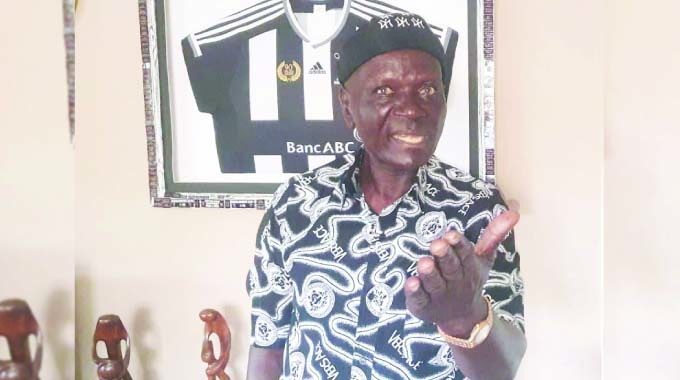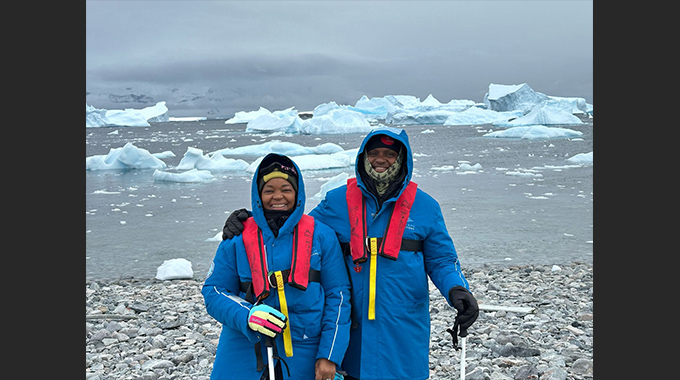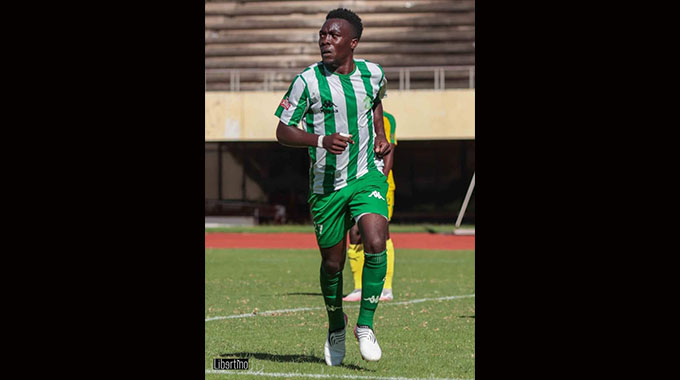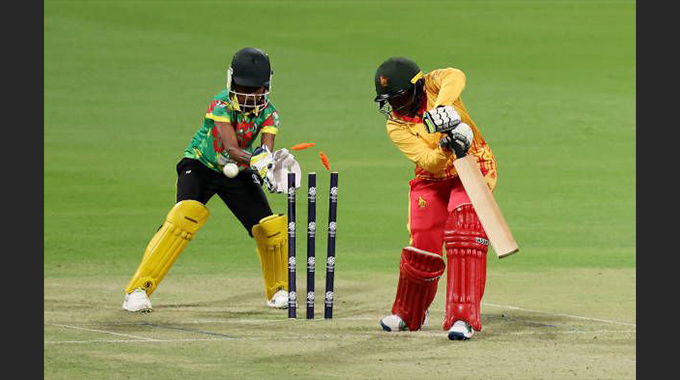Government hailed on Uhuru Cup

Lovemore Dube, [email protected]
VETERAN football coach, Cosmas Zulu has praised the Government for taking the Independence Soccer Cup final to rural areas for the past two years.
Zulu, who has attended almost 20 Independence Cup finals during his 41 years as a coach, said that the decision to hold the competition away from urban centres was a tribute to the people who were key to Zimbabwe’s independent movement. This year’s final between Dynamos and Highlanders will be held at Murambinda Growth Point in Buhera, Manicaland.
Last year Dynamos and Highlanders clashed in Mt Darwin, something that could not be imagined in the past, getting the biggest clubs to play in a rural area.
“It’s most interesting taking it to the people who are the real custodians of Independence,” said Zulu.
People in the rural areas bore the brunt during the struggle, as a lot of activity was centred in their midst compared to urban centres.
Zulu said the Second Republic had impressed him in that, it is doing things differently across life’s spectrum.
“The Second Republic has come up with a lot of things that they are doing differently. This Administration started doing things differently, and President Mnangagwa is doing good, doing things differently,” said Zulu.
Zulu’s first appearance in an Independence Cup final was in 1983, when Dynamos beat Highlanders 3-1. Zulu was given a life ban after that match, which, however, lasted only 12 weeks. But he did not continue playing as he was recommended to be Scotsman Bobby Clark’s assistant at Bosso. Zulu described the 1983 final as something special. He is still miffed why referee Frank Valdermaca red-carded him while he was the only Highlanders player on the field, as others had walked off claiming Dynamos’ third goal was scored from an offside position. “It was very, very important to us, as we had the late President, when he was Prime Minister, RG Mugabe and late former President Canaan Banana in attendance.
“It was such an honour to play before them. I was playing alongside Tymon Mabaleka and young Ernest Sibanda. Some of my teammates walked off in protest. I said there was no ways we could walk off and disrespect the President and Prime Minister.
“As I was walking to the pitch saying come on guys, we will win the match despite being two goals down, I went to the centre of the field and Valdermaca took the ball and said I start the game and I said, no referee, why should I start the game when my teammates are off the pitch. It was the first red card in my career,” said Zulu, whose football career started in 1967. His suspension was lifted after 12 weeks when the Bosso executive defended him at a disciplinary hearing. The coming of
Independence, he said, changed a lot of things for the Black majority, including in sport.
“It changed a lot of things for us as coaches in term of where we could work and places we could go,” said Zulu, who said that Rhodesia stifled his progression as a player and denied him a chance to play abroad. “I could have played overseas,” said Zulu in a bold declaration.
Zulu was a pacey striker who packed hot shots and earned the nickname ‘Thunderbolt’.
Zulu said segregation existed at some clubs like Callies, where they were not allowed access to dressing rooms. The team would change in the bus and at the end of the match, their white teammates would be allowed to go and bath in the dressing rooms. ze recalls travelling to Harare before Independence in a convoy and arriving late after long hours on the road, tired ahead of the game.
The announcement of the ceasefire brought a fresh glimmer of hope, with players fancying their fortunes, playing against foreign clubs and national teams. He said at that time he was a waiter at Coffee Pot in the Central Business District and rose from general worker at Dunlop to management because of good Government policies that called for the promotion of indigenous people. Zulu says the Independence tournament in which he won three titles with Highlanders and one with AmaZulu, remains special to him.
\“It’s an honour to play in an independent country, with everybody watching on television. Independence to me is so special.”










Comments